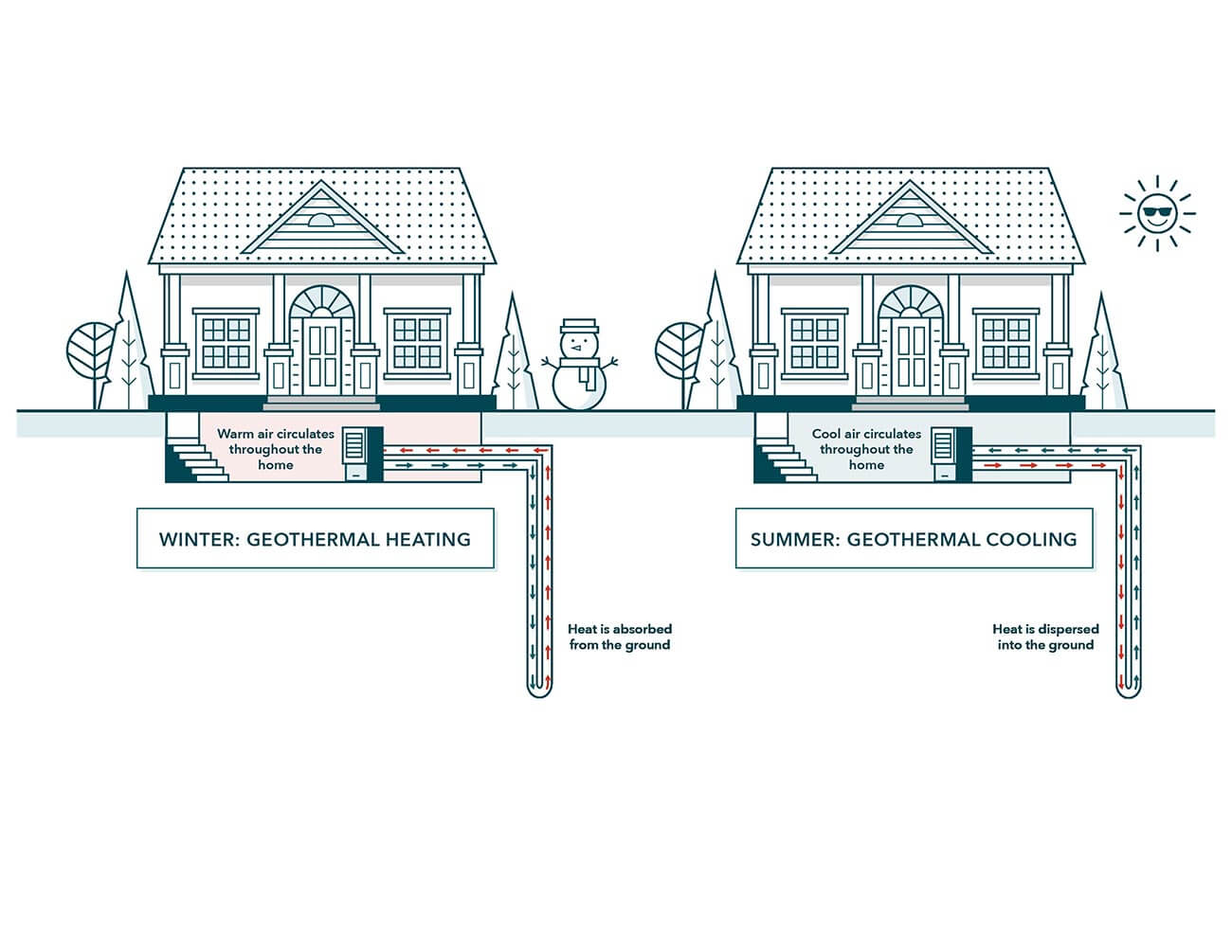The price of natural gas in New York State over the last 50 years has gone up from $1.42 / mcf in 1967 to $12.38 / mcf in 2018, an increase of over 770% (The price of natural gas is measured in dollars per thousand cubic feet or mcf).
However, the mcf price of natural gas that a consumer pays doesn’t take into account one of the largest costs associated with natural gas – building underground natural gas pipelines.
Pipeline Expansion and the NESE Project
Unlike gasoline, diesel, or fuel oil, natural gas is transported via interstate pipelines. The pipeline that serves customers in New York and New Jersey is called the Tennessee Gas Pipeline or TGP for short.
Since about 2016, Kinder Morgan, the parent company of the TGP pipeline, has been trying to approve a billion dollar plan to expand the throughput of theTGP pipeline which serves the New York Metropolitan area. The project is called the Northeast Supply Enhancement (NESE) project.
However, the NESE project has stalled because of environmental concerns. Several environmental organizations oppose the plan. New York City’s comptroller and members of the City Council also raised objections. They plan to introduce a resolution urging the Department of Environmental Conservation (DEC) to reject the project.
Con Edison’s Westchester Gas Moratorium
As a result, Con Edison, who has 1.1 million residential and commercial gas customers, including 232,000 in Westchester County, has placed a moratorium on natural gas expansion.
For ConEd’s current Westchester County customers, service will continue to operate normally. However, Con Edison has restricted the addition of new residential as well as commercial natural gas customers in Westchester County.
The Solution: Geothermal Heating and Cooling
Dandelion Energy installs something called a ground source heat pump which is commonly referred to as a home geothermal system.
How Dandelion Geothermal Works
The Dandelion Energy home geothermal system replaces a traditional furnace and circulates air through your existing ductwork. Dandelion installs a ‘Ground Loop’ beneath your yard – a simple plastic pipe filled with water that transfers heat between the earth and your home.
By circulating water through the ground loop, Dandelion safely moves heat stored deep in the ground into your home. In the summer, the ground loops returns heat from your home to the ground and the heat pump delivers cool air.
Here’s a diagram of how it works:

Geothermal heating & cooling systems have a number of advantages versus natural gas furnaces.
Here’s a chart to illustrate the advantages of geothermal heating & cooling:

In addition to all of those advantages Con Edison has exclusively partnered with Dandelion Energy to provide an affordable geothermal solution for Westchester homeowners.
It’s never been easier or more affordable to get geothermal with Dandelion.
Find out if your home qualifies by taking our 30 second survey here.
FAQs about the Westchester County natural gas moratorium:
Who qualifies for the Dandelion and ConEd discount?
To qualify for the discount, you must be Con Edison customer who lives in Westchester and installs Dandelion Geothermal for heating and cooling.
How long will this discount last?
Con Edison has exclusively partnered with Dandelion Energy to offer Westchester customers this limited-time discount through 2019.
What other geothermal incentives are available?
Homeowners who install geothermal in NY are eligible for major state and federal incentives. The Geothermal Federal Tax Credit allows you to save 30% of your system cost in the form of personal tax credits. As a NY resident, New York State Energy Research and Development Authority (NYSERDA) also offers rebates of $1,500 per ton of cooling capacity — approximately $7,500 for a 5 ton heat pump.
Combined with this special ConEd discount, homeowners can save thousands of dollars on home geothermal this year.
How many installations has Dandelion performed?
Dandelion Energy is the largest residential geothermal installer in New York State.
How much does the average New York homeowner save by getting geothermal?
New York homeowners who get Dandelion Geothermal can save up to 50% every year on their heating, cooling, and hot water bills. Find out if your home qualifies by taking our 30 second survey here.
